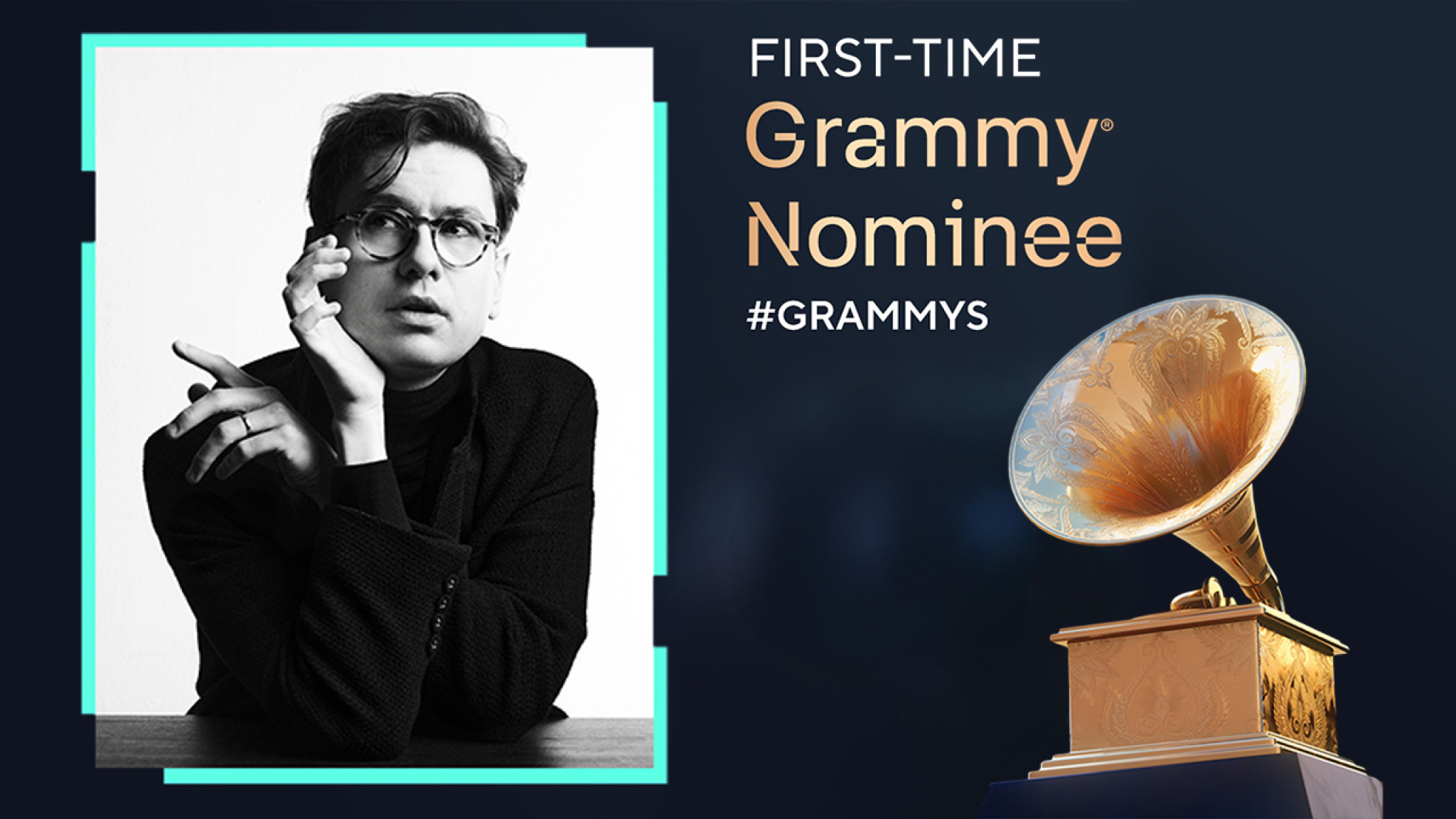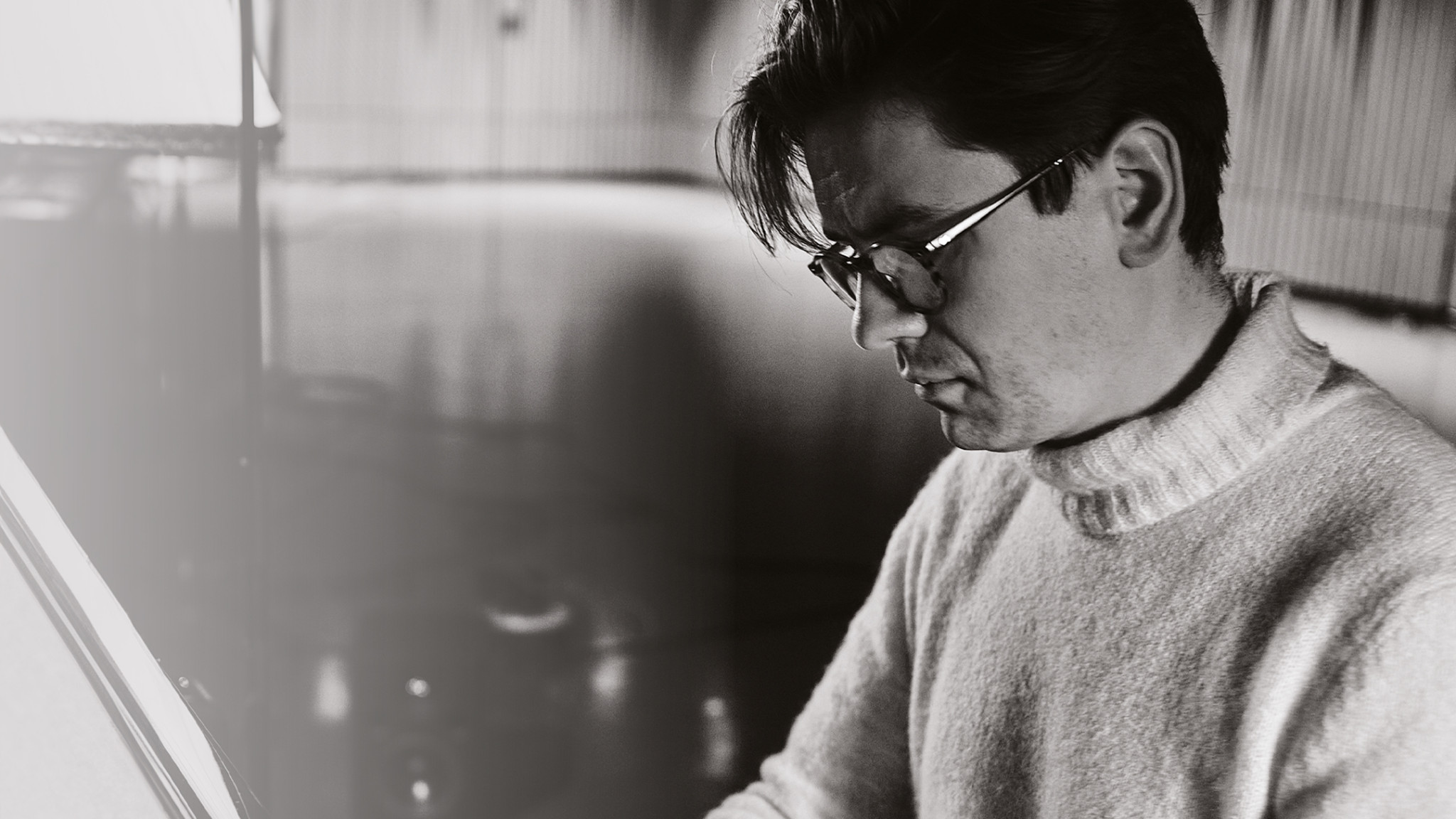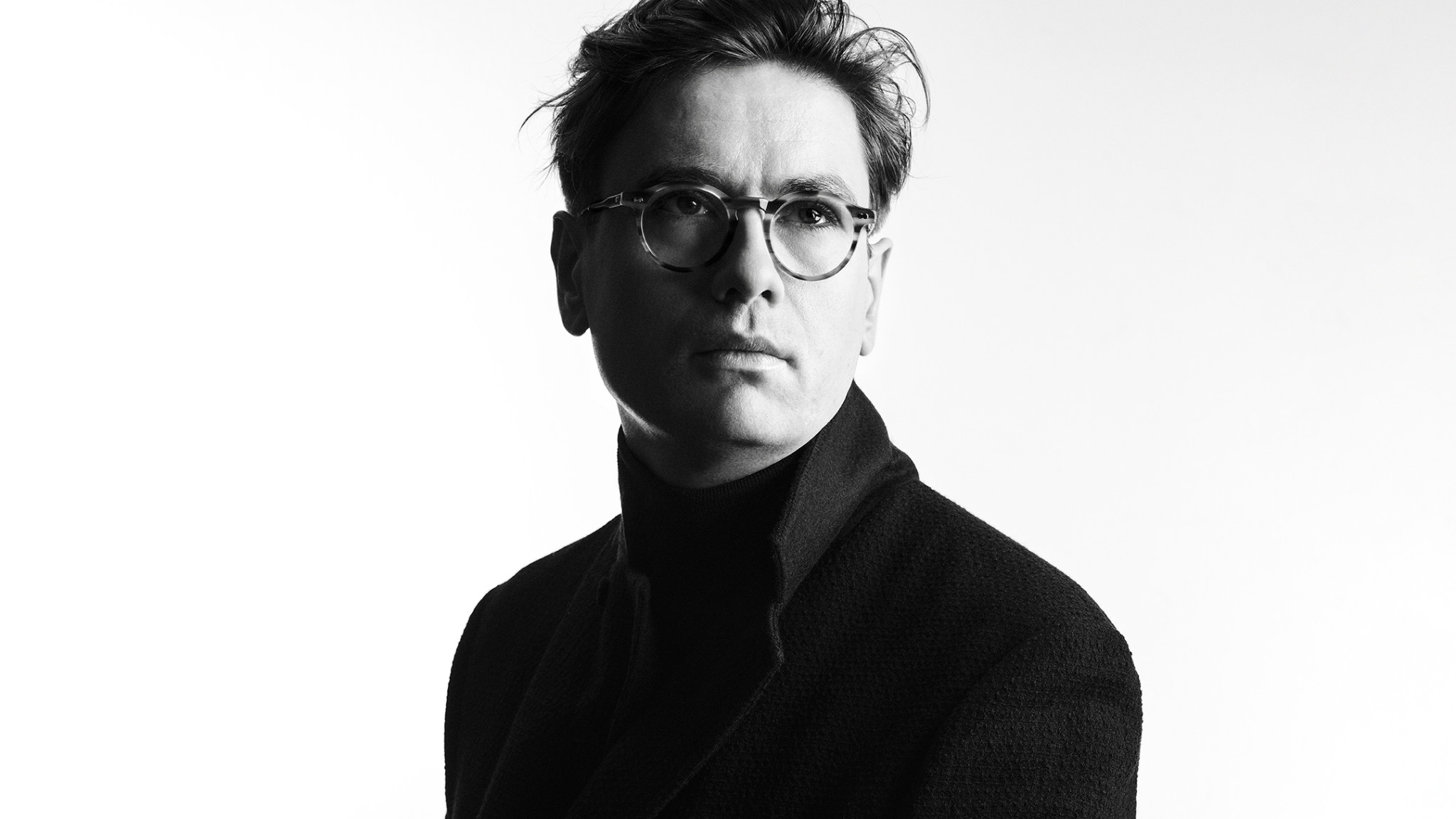“Orbiting Around Opus 109” – Víkingur Ólafsson Explores a Late Masterpiece by Beethoven for his Latest Album

The Icelandic pianist creates a dialogue across the centuries
in a solo programme around Beethoven’s Piano Sonata No. 30, Op. 109
He reveals the influences that run between J.S. Bach, Beethoven and Schubert
Deutsche Grammophon and Icelandic pianist Víkingur Ólafsson present his anticipated new album: Opus 109 – Beethoven · Bach · Schubert. At its heart is Beethoven’s Piano Sonata No. 30 in E major, Op. 109 – a masterpiece of the composer’s late period – which Ólafsson places in an illuminating and thrilling temporal dialogue, tracing the musical and historical lineages that converge on this beacon of the piano literature. Known for his inspired programming, Ólafsson juxtaposes the work with music by J.S. Bach and Schubert, as well as Beethoven’s own earlier Sonata in E minor, Op. 90. Opus 109 will be released in all formats on 21 November 2025.
After the global success of Ólafsson’s Goldberg Variations project, the influence of Bach’s polyphonic writing on Beethoven’s final sonatas made an exciting starting-point for the pianist’s next project. Ólafsson explains: “As I started researching my next project, I was immediately drawn to a set of works where I felt the presence of J.S. Bach’s Goldberg Variations in the most inspiring way: the last three sonatas of Ludwig van Beethoven, Opp. 109, 110 and 111. After a few days in my studio, I decided against the time-tested method of recording these three great final sonatas together and releasing them as one album. There are some great recordings of the ‘three sisters’ in the catalogue, but I felt that playing – and listening to – all three in succession would not necessarily be the most illuminating way of approaching them at this point in time. Placing just one firmly at the gravitational centre of a programme, conversely, would allow me the joy of travelling in its orbit, discovering new perspectives on it, whilst also encountering other works within its realm.”
Two Beethoven sonatas, Op. 109 and Op. 90, plus Schubert’s Sonata in E minor, D. 566, form the conceptual spine of the programme. “But both composers face Bach” — as, in Ólafsson’s view, every great composer must. Bach’s influence on Beethoven is nowhere as apparent as in his final sonatas, whose wild originality is fuelled by the Bachian polyphony. Ólafsson feels Op. 109, with its theme-and-variations finale, pays particular homage to the Goldberg Variations: “Bach was the compass on Beethoven’s journey into the unknown.” The presence of Bach is further explored through Ólafsson’s recording of the final, monumental Partita, No. 6 in E minor, a work that shares with Beethoven’s Op. 109 both its formal inventiveness and its emotional force. “It’s worth noting how Bach, too, is testing and transcending the limits of his chosen compositional form in his final Partita.”
Meanwhile, Ólafsson considers Beethoven’s own two-movement Sonata in E minor, Op. 90 a vital precursor to Op. 109, with its intimate, fleeting first movement and warm, sonorous second movement – while making the case that this sonata had a tremendous influence on a young Franz Schubert. Presenting this sonata alongside an overlooked gem of Schubert’s early period, his two-movement Sonata in E minor, D. 566, Ólafsson argues that the work, written by the 20-year-old composer, was a direct response to Beethoven’s Op. 90 and not, as has been generally assumed, an unfinished fragment. “To me, it feels like a sister or a brother piece to Beethoven’s,” he says. “There’s nothing unfinished about it.”
The album begins and ends with brief benedictions by J.S. Bach, opening with his Prelude in E major from The Well-Tempered Clavier and closing with a Sarabande from his French Suite in E major. The whole album is thus in the key of E, major and minor modes, which for Ólafsson, who has synaesthesia, makes it full of lush and vibrant shades of green.
Opus 109 – Beethoven · Bach · Schubert follows on from 2023’s Goldberg Variations, which earned Ólafsson a GRAMMY Award®, the title of Musical America’s Instrumentalist of the Year, the OPUS KLASSIK Bestseller award and the German Record Critics’ Annual Award, as well as helping him hit the milestone of one billion streams in November 2024. The unanimous critical acclaim that greeted the album was echoed in the reviews of Ólafsson’s season-long global tour which saw him perform the work 90 times.
Víkingur Ólafsson performs Opus 109 throughout the season, including on a German tour in November 2025 and in several dates across North America. He opens the London season and tours the US – performing Beethoven’s Piano Concertos Nos. 3 and 5 – with the Philharmonia Orchestra, with whom he is Featured Artist, while he makes his return to the Berliner Philharmoniker, with Semyon Bychkov, and the Czech Philharmonic, with Sir Antonio Pappano. He also reunites with John Adams and the Los Angeles Philharmonic for performances of After the Fall, the piano concerto written expressly for him. Ólafsson will mark the György Kurtág centenary celebrations in 2026 and appear as artist in residence at Cal Performances in Berkeley, California and at MUPA, Budapest.
Forthcoming “OPUS 109” recitals:
11/12 Sep – Louisiana Museum of Modern Art, Humlebæk · 14 Sep – Oslo Opera House
26 Sep – Saffron Hall, Saffron Walden · 22 Oct – University of Santa Barbara · 9 Nov – Tonhalle, Düsseldorf
11 Nov – Alte Oper, Frankfurt · 12 Nov – Die Glocke, Bremen · 13 Nov – Laeiszhalle, Hamburg
15 Nov – Kulturpalast, Dresden · 16 Nov – NDR Konzerthaus, Hanover · 17 Nov – Philharmonie, Berlin
18 Nov – Elbphilharmonie, Hamburg · 1 Dec – Müpa, Budapest · 2 Dec – Konzerthaus, Vienna · 5 Dec – Tonhalle, Zürich
6 Dec – Victoria Hall, Geneva · 8 Dec – Isarphilharmonie, Munich · 9 Dec – Meistersingerhalle, Nuremberg
Full touring details here





